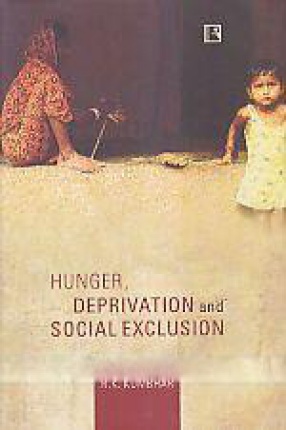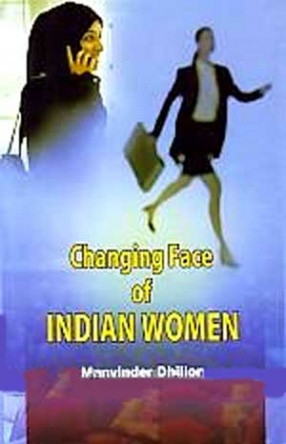Regional development in India has been particularly uneven. The present book is a critique of capitalist development, trying to explore these inequalities in the state of Odisha. This state is a land of odd contradictions. Abundant in natural resources, Odisha has attracted the powerful capitalist corporations from around the world on one hand and on the other hand the state has become synonymous with staggering levels of poverty, underemployment, landlessness, malnutrition, low life expectancy and deprivation. By virtue of favourable rainfall, the net per capita food availability has remained above national average, yet poverty and underdevelopment has persisted for years. The state machinery seems to have failed on the human development front.
What led to such an unfortunate state of affairs? This question is explored in the book. Exploitation of the resources and the poor, misfired public provisioning: lopsided development and lack of an egalitarian social structure, non-success of the trickle-down effect, repeated natural hazards such as droughts, floods and cyclones, and forced displacement are some of the contributing factors to the hunger, deprivation and exclusion. The worst affected are the landless, marginalized and socially excluded communities. This book suggests land redistribution along with other agrarian reforms to fight the disparities and for the betterment of the socially disadvantaged groups.
With a multidisciplinary approach and extensive collection of facts and figures, Hunger, Deprivation and Social Exclusion will interest not only students, teachers, and researchers of development studies but also policy makers, NGOs, national and international agencies and social activists alike.





There are no reviews yet.